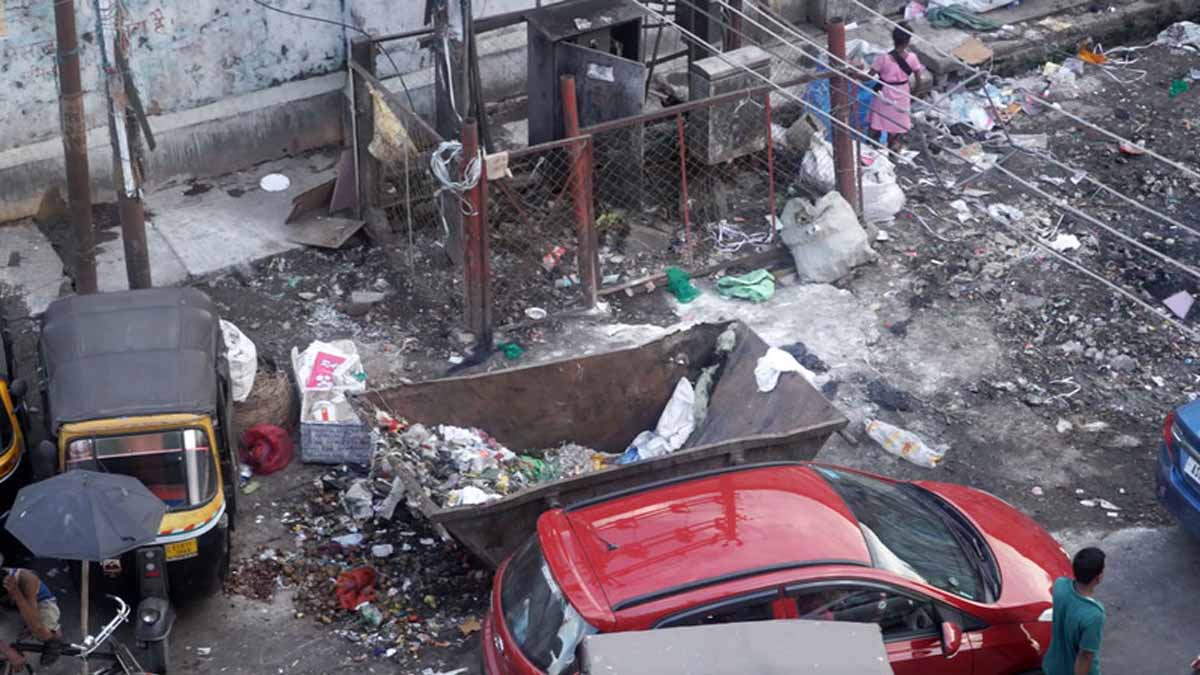
Guwahati, since centuries, has been one of the most important cities of Assam in particular and the entire northeast in general.
From the pages of prehistory to the latest blogs of history, Guwahati has been a prominent city and the city has developed in leaps and bounds over the centuries.
Even though the city has witnessed a lot of changes, however, what has remained common throughout is the piles of garbage and lack of basic civic sense of the citizens.
Heaps of garbage, open urinals, obnoxious odour etc., were common even during the time of Lachit Borphukan.
The situation was the same even after the British entered Assam and the northeast.
To educate the people Guwahati about cleanliness, the British tried their best and brought in numerous rules and regulations.
Awareness campaigns were also carried out and severe fines were also announced against the offenders. However, very little changed...
Throwing garbage in the open, to litter the water bodies around the city, and urinate in open were some of the issues which the British tried their best to mitigate.
The obnoxious nature of Guwahati, in fact, was a reason that the British thought of establishing the capital in some other city.
However, they decided against it and went ahead with establishing Guwahati City Committee and Municipal Corporation and tried their best to give the city a facelift.
Several schemes and programmes were also taken up by the British to make Guwahati neat, clean and litter-free!
People were engaged in keeping the city clean and awareness campaigns were also carried out in large numbers and the British, in fact, tasted success for a brief period of time.
As the anti-British movements across the country grew stronger and larger, the various changes they brought in were challenged by the people and eventually the cleanliness drive of Guwahati was forced to take a backseat.
Over the last seven decades, the Guwahati continues to rank a step higher every day in the dirt metre.
How and when the city will become clean and dirt-free is beyond our assumptions!
The Story Mug, a Guwahati-based blogzine, believes in telling stories that matter.